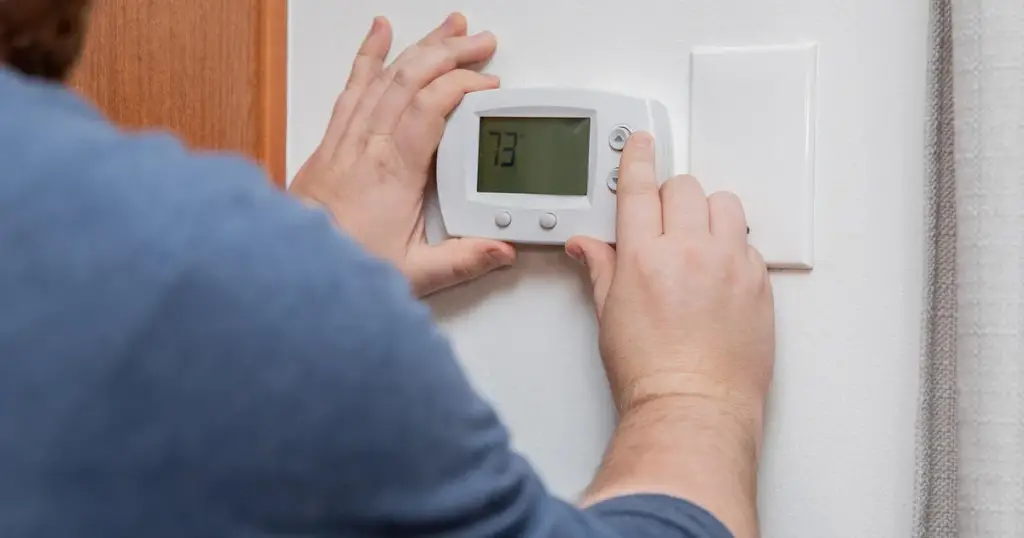Thousands of Pennsylvania families may be left without critical heating assistance this winter if funding for the Low Income Home Energy Assistance Program (LIHEAP) runs out, according to state advocates. The federal program, which helps low-income households pay their heating bills during the colder months, is at risk due to potential budget cuts and delays at the national level.
LIHEAP is designed to help families struggling with rising energy costs. In Pennsylvania, it provides grants to eligible households that are used directly to pay heating bills or repair broken heating equipment. The funds don’t have to be repaid, and they go a long way in helping families make it through the winter safely. Without this support, many households may be forced to choose between heat and other basic needs like food or medicine.
Advocates like Patrick Cicero, Pennsylvania’s Consumer Advocate, say that cutting LIHEAP could have devastating effects. According to Cicero, more than 300,000 households in the state depend on this assistance every winter. For some, especially older adults, people with disabilities, and families with young children, it’s a lifeline. Cicero warned that ending the program could increase the risk of illness, hypothermia, and even death during extreme cold.
The issue is becoming more urgent as energy prices continue to rise. Natural gas, heating oil, and electricity costs have all seen significant increases over the past few years. This makes the LIHEAP program more important than ever. But with debates in Congress over budget priorities, the future of LIHEAP funding remains unclear. If lawmakers fail to renew or increase funding, Pennsylvania could run out of money before the winter heating season is over.
In the last year alone, Pennsylvania received over $200 million in LIHEAP funding from the federal government. That money helped households avoid service shutoffs and kept them warm through freezing months. According to the Pennsylvania Department of Human Services, the average household received between $300 and $1,000 in heating grants depending on income, family size, and energy needs.
One of the key concerns raised by energy justice advocates is that many families may not even realize the program is ending until they are already in a crisis. Without clear communication or emergency alternatives in place, vulnerable households might find themselves unable to stay warm. Some groups are urging the state government to prepare additional safety nets or explore other funding options if the federal government does not act quickly.

Many local organizations, including utility companies and nonprofits, have stepped up efforts to inform people about the situation. Some are encouraging residents to apply early and use whatever LIHEAP benefits are still available before funds potentially run out. Others are pushing for state lawmakers to step in with temporary support or bridge funding to cover the gap if federal funds dry up.
The Biden administration has previously emphasized the importance of LIHEAP, especially during the COVID-19 pandemic, when extra funds were provided under the American Rescue Plan. But with that temporary boost now gone, the pressure is on Congress to maintain or increase LIHEAP funding in the next federal budget.
For now, families in Pennsylvania can still apply for help through the official LIHEAP program website or contact their local county assistance office. The application period typically runs from November through April, but funds are limited and are distributed on a first-come, first-served basis. If the program ends early, it could leave thousands out in the cold.
To learn more about LIHEAP or check your eligibility, residents can visit the U.S. Department of Health and Human Services LIHEAP page or the Pennsylvania Department of Human Services. These sites offer updated information about application deadlines, eligibility criteria, and how to get in touch with local help centers.
The bottom line: If LIHEAP funding isn’t secured soon, the consequences for many Pennsylvanians could be serious. As winter approaches, pressure is building on lawmakers to protect this crucial program before time runs out.




